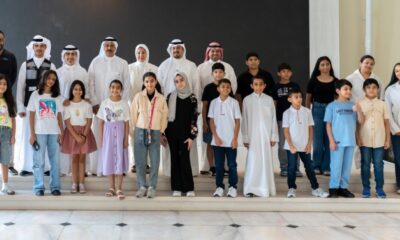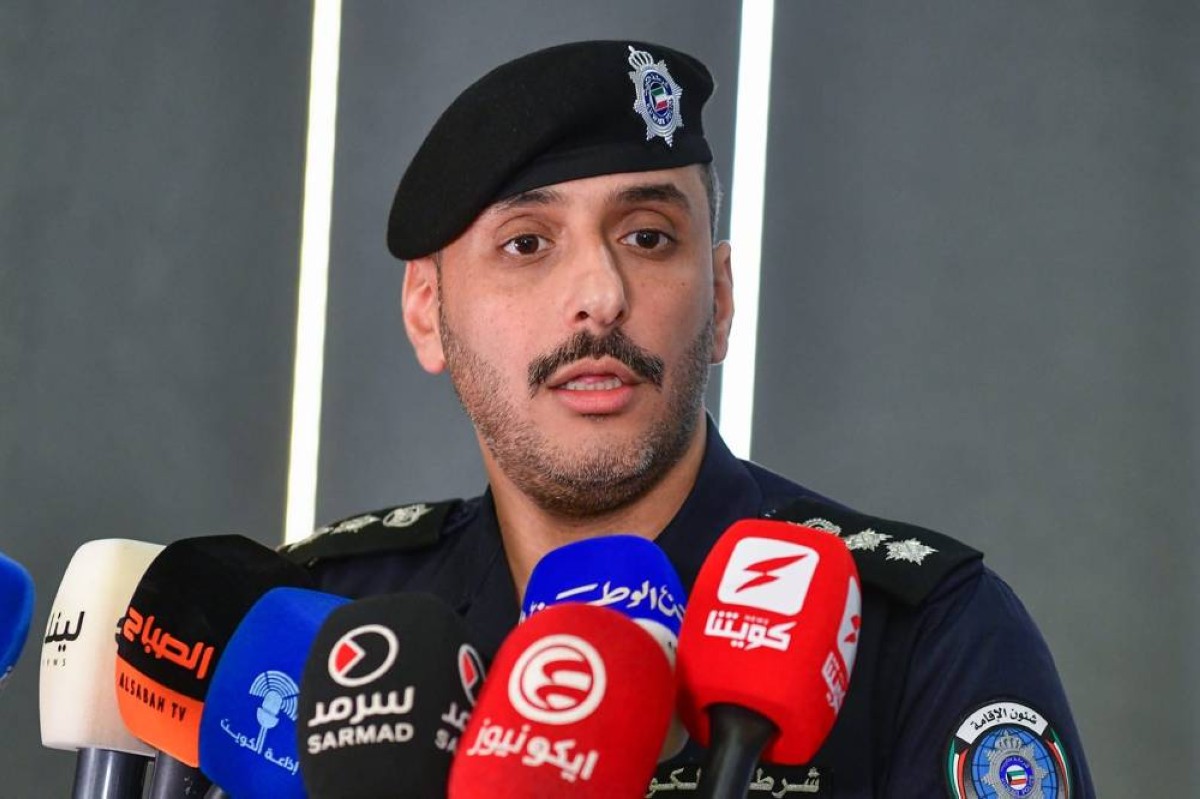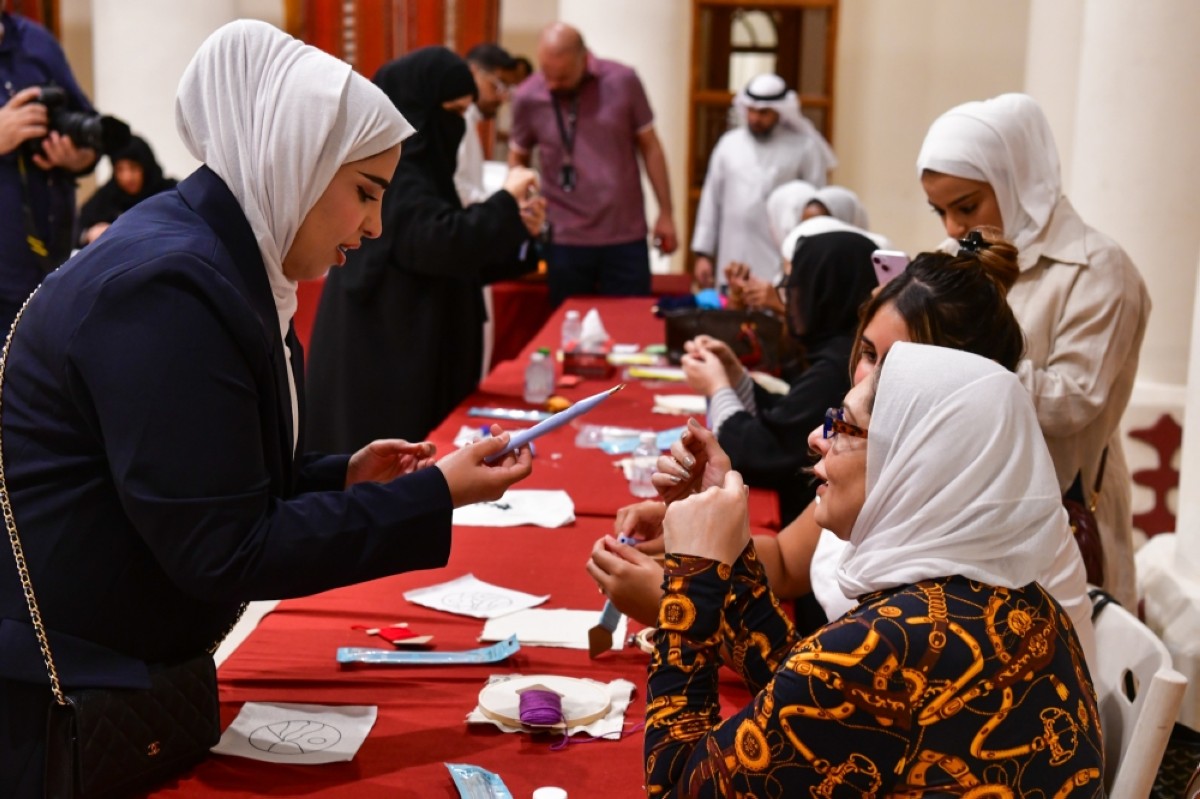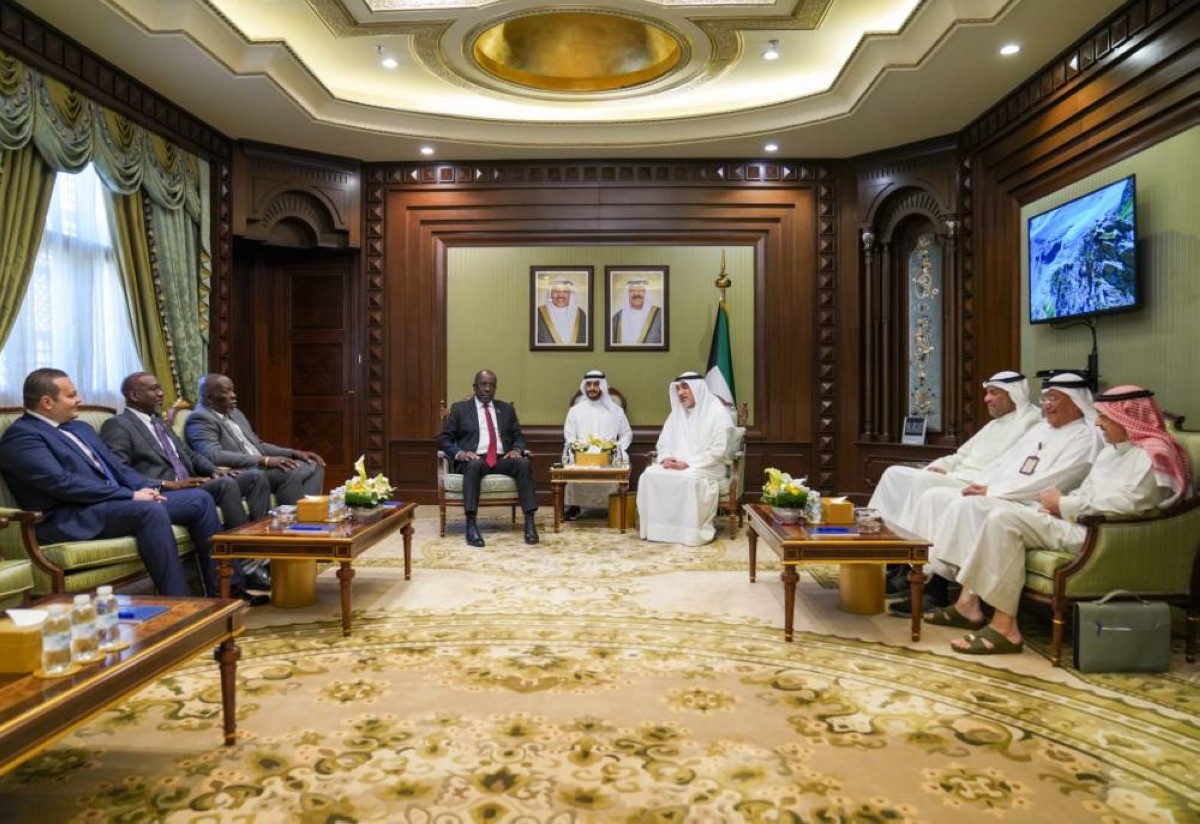KUWAIT: Family visas for expats are valid from one month to one year like tourist visas, a top interior ministry official announced on Wednesday, a day after the ministry said all expats can bring in their extended families to the country without the need for a salary cap condition.
Deputy director of the electronic services at the Residency Affairs Department Col Abdulaziz Al-Kandari told reporters at the government communications center that family visas can be for a single entry for one month, or two months or three months.
It can also be for multiple entries for between three months to one year, provided any single stay should not exceed one month, he said.
Kuwait on Tuesday said that family visas for expats was open for everyone with a valid residence permit, thus abolishing the salary cap condition that restricted the majority of expats from bringing in their wives and children to Kuwait.
The ministry also said family visas were expanded to include four-degree relatives and third-degree relatives by marriage.
Kundari said that expats willing to bring their relatives can apply online at Kuwaitvisa platform or application by uploading the necessary documents.
Relatives allowed to be brought by expat residents include a wide range of relatives from wives, children, parents to parents of the wife, aunts and uncles, brothers and sisters, nephews and nieces, grandfathers and grandmothers, grandchildren of both the applicants and their wives and others.
They also include the father’s wife for both applicants and wives, the son’s wife, the daughter’s husbands and similar relatives.
For a majority of applications only a birth certificate is required and a marriage certificate is needed for some cases to establish the relationship. Col Kandari said that all documents must be in Arabic and documents in other languages must be translated into Arabic from authorized offices.
Kandari also announced a large number of professionals residing in GCC states and who can obtain a tourist visa either on arrival or online through the Kuwaitvisa platform.
They include chairmen of companies, their deputies and assistants, diplomats and embassy staff, general managers, managers and their assistants and deputies, judges, public prosecutors and lawyers, university academics, holders of golden visas, investors, businessmen and partners and others.
They also include real estate owners, consultants and their assistants, experts and assistants, senior jobs in travel and tourism business, accountants, auditors and financial analysts, doctors and surgeons and their assistants, pharmacists and their assistants, nurses and their assistants, medical technicians, engineers and their assistants, school teachers and assistants, information analysts and alike, pilots and air stewards and others.
They also include referees and coaches and their assistants, journalists and media men, in addition to professions that come under physicists, chemists, geologists, marketing officer, advisor, vessel captain and alike.
Permitted professions can be checked through the Kuwaitvisa platform while applying online.
Kundari said that applicants must also state their address in Kuwait or the address of their hosts.
Kandari said that all types of visas are open to all nationalities except for the Israeli nationality which is barred by an Amiri decree. He also said that holders of travel documents can obtain a visa with the approval of the interior minister.


 Latest News16 hours ago
Latest News16 hours ago
 Latest News15 hours ago
Latest News15 hours ago
 Business22 hours ago
Business22 hours ago
 Business21 hours ago
Business21 hours ago
 Business7 hours ago
Business7 hours ago
 Latest News24 hours ago
Latest News24 hours ago
 Latest News21 hours ago
Latest News21 hours ago
 Latest News17 hours ago
Latest News17 hours ago






















